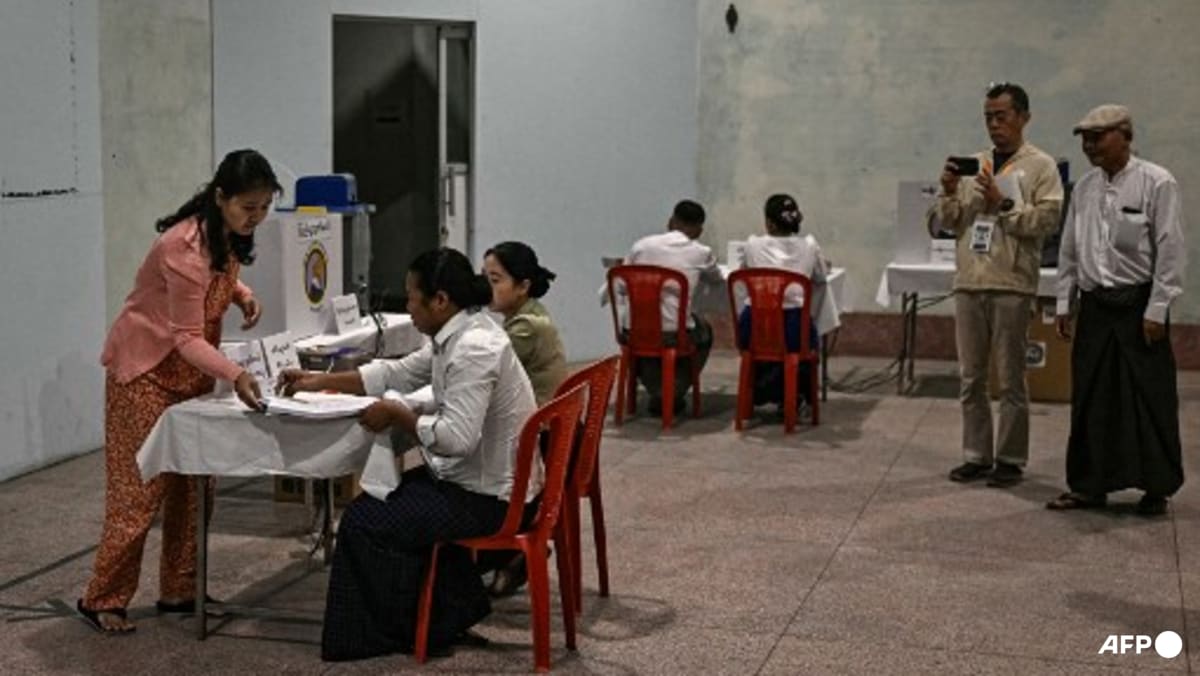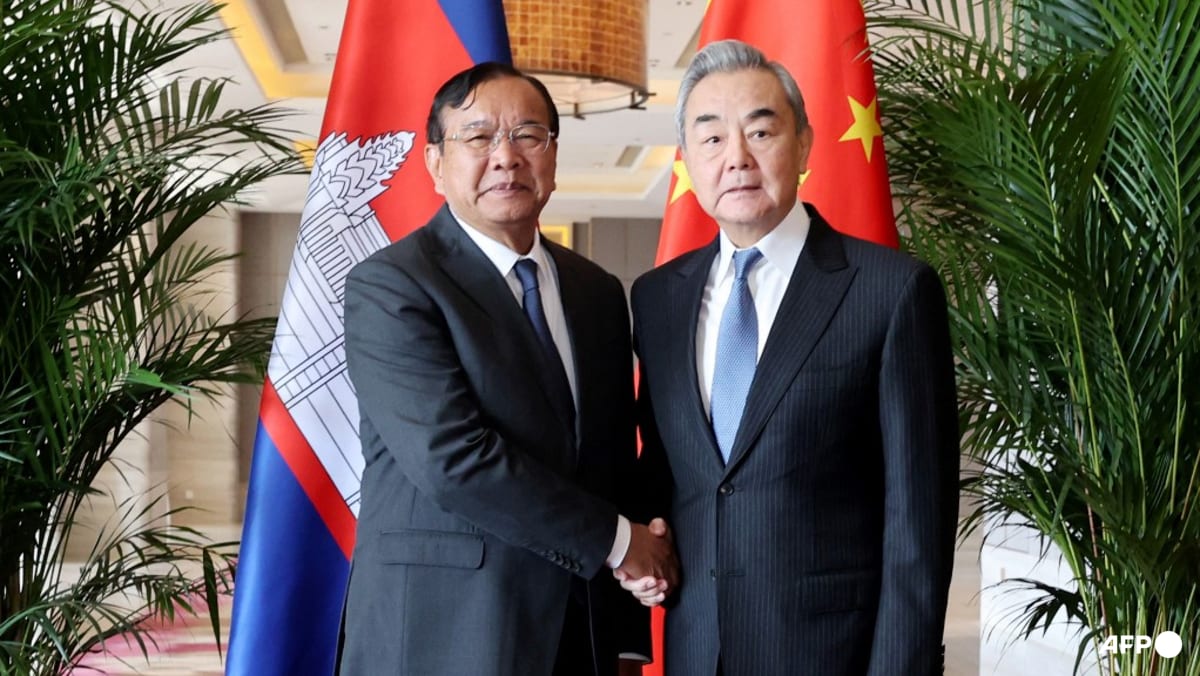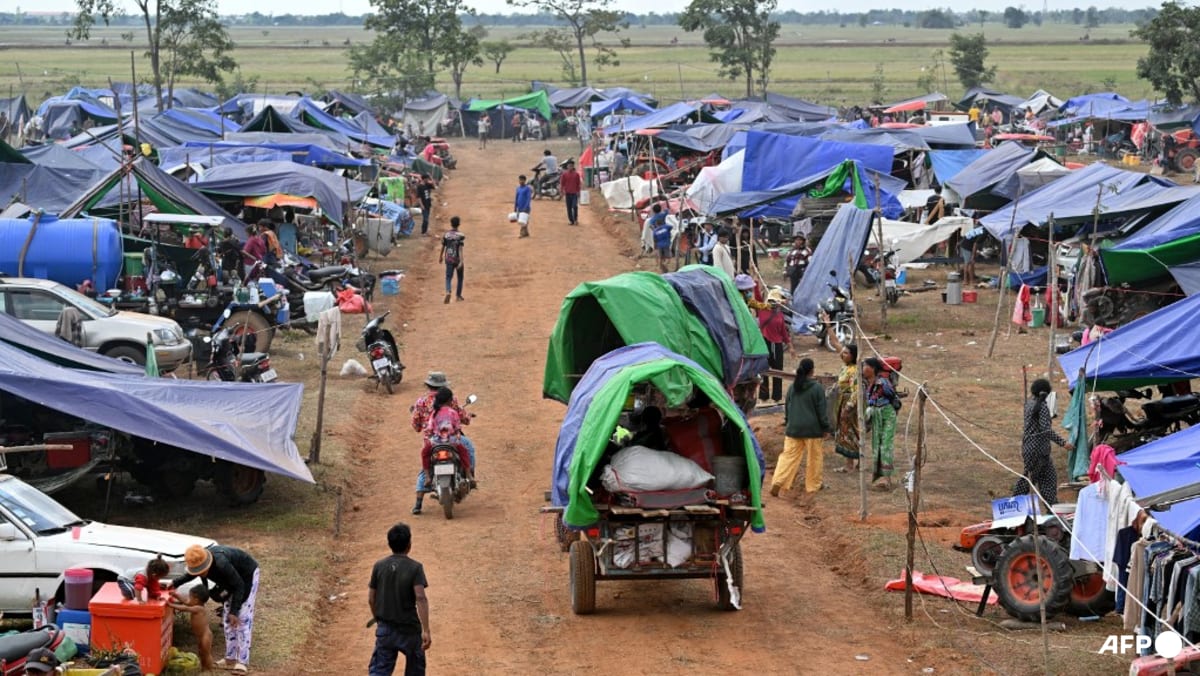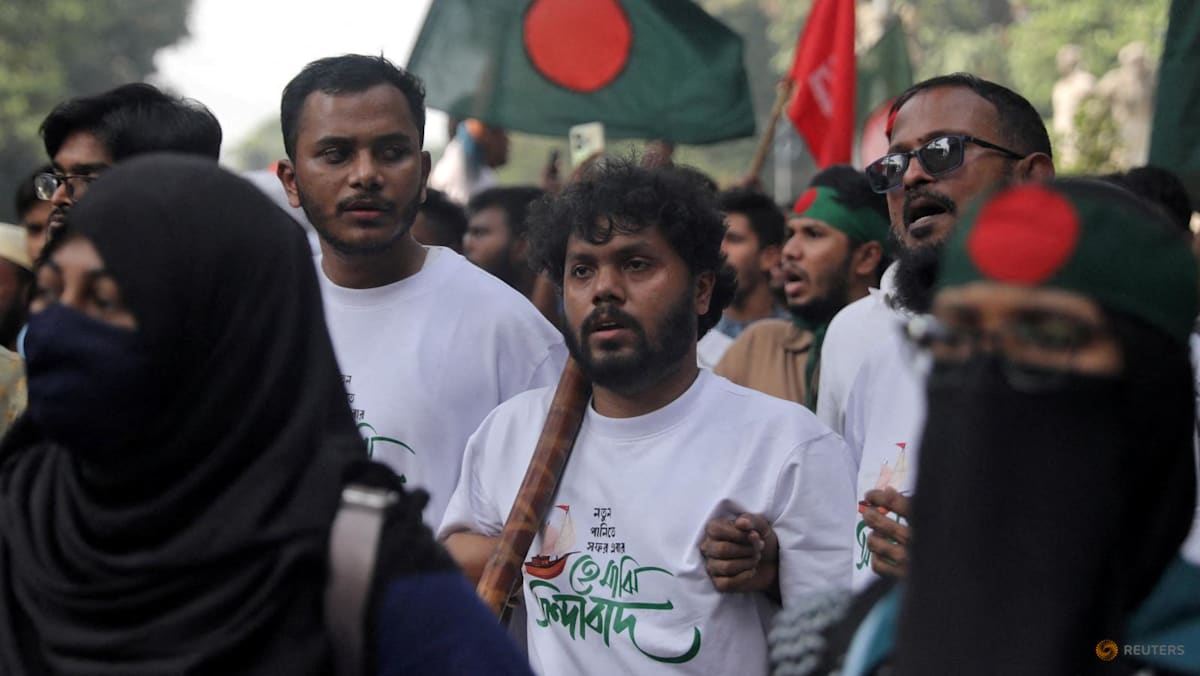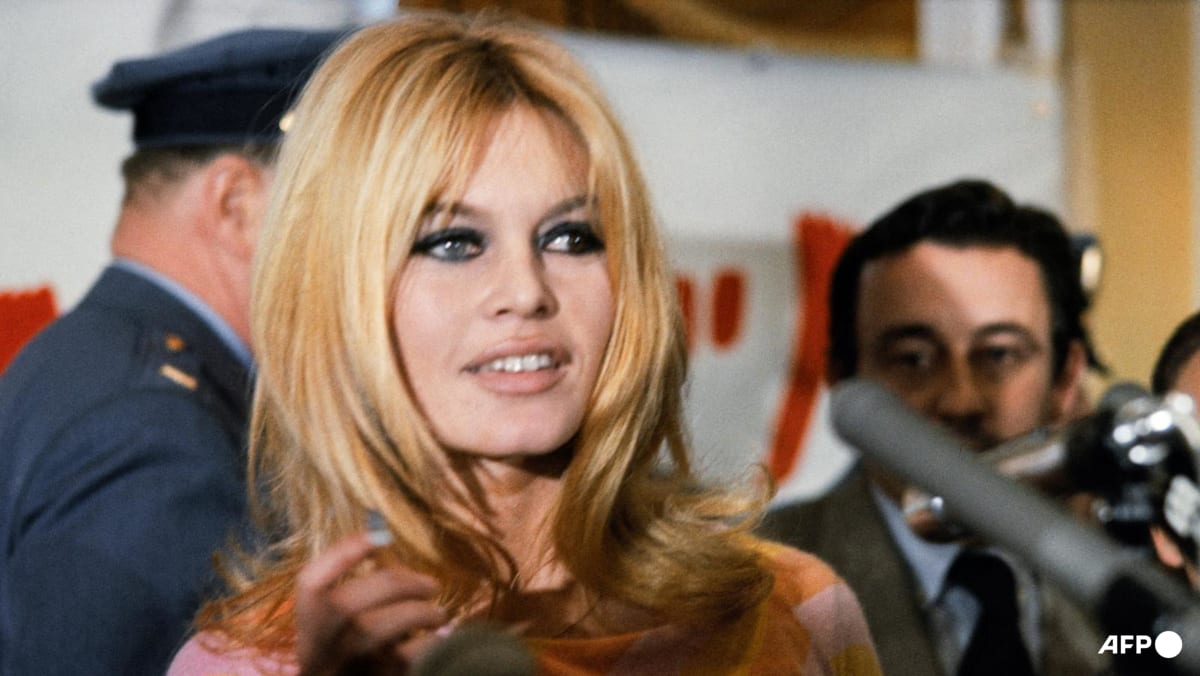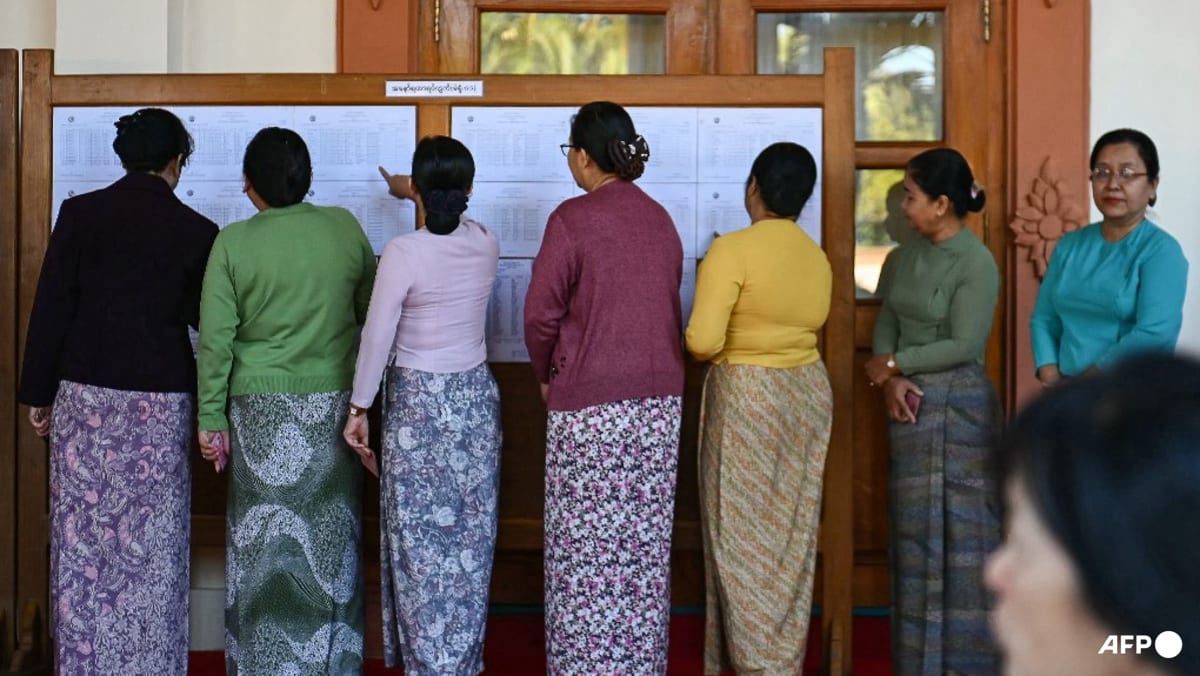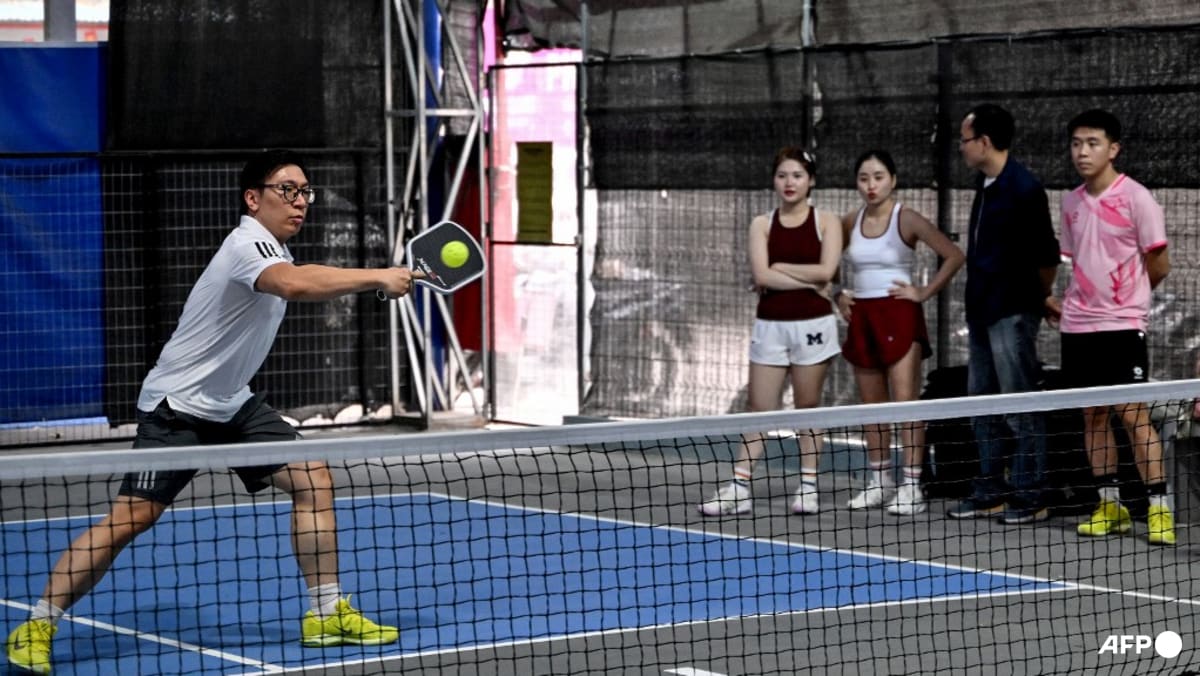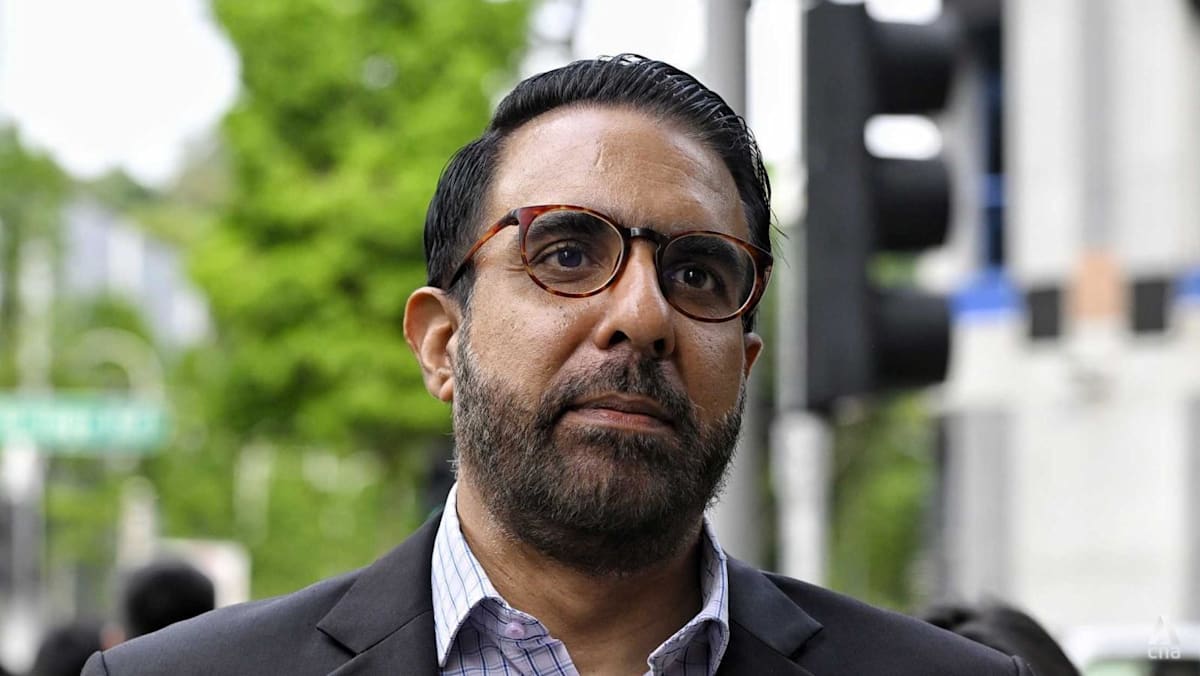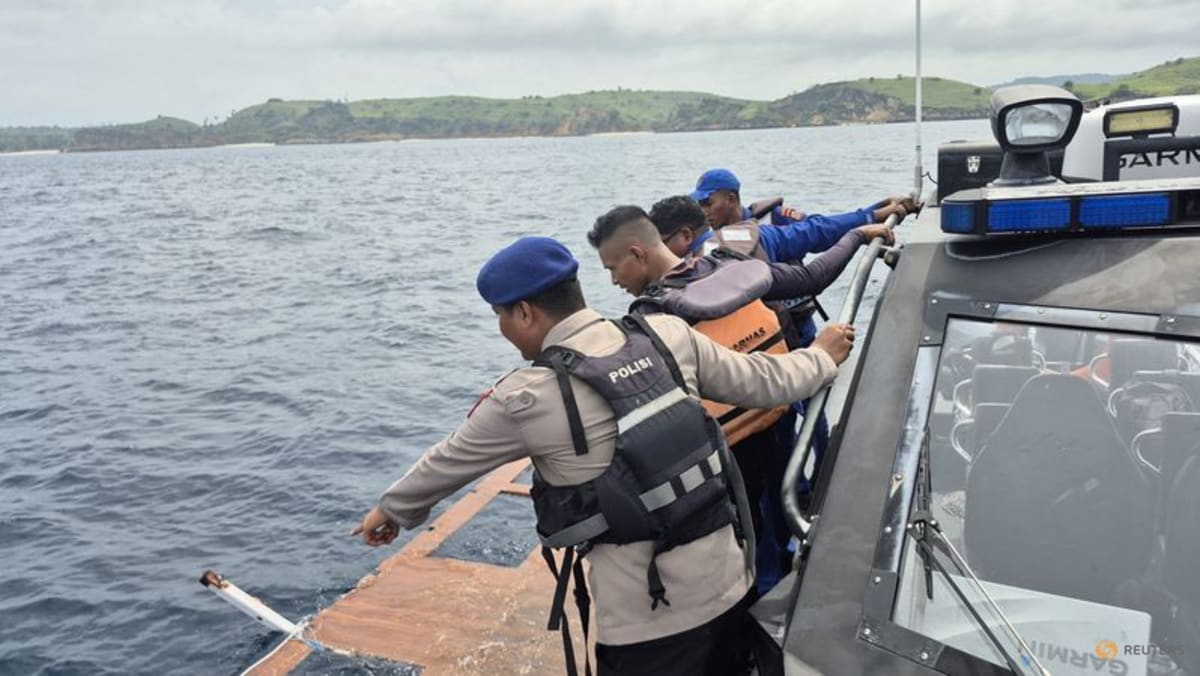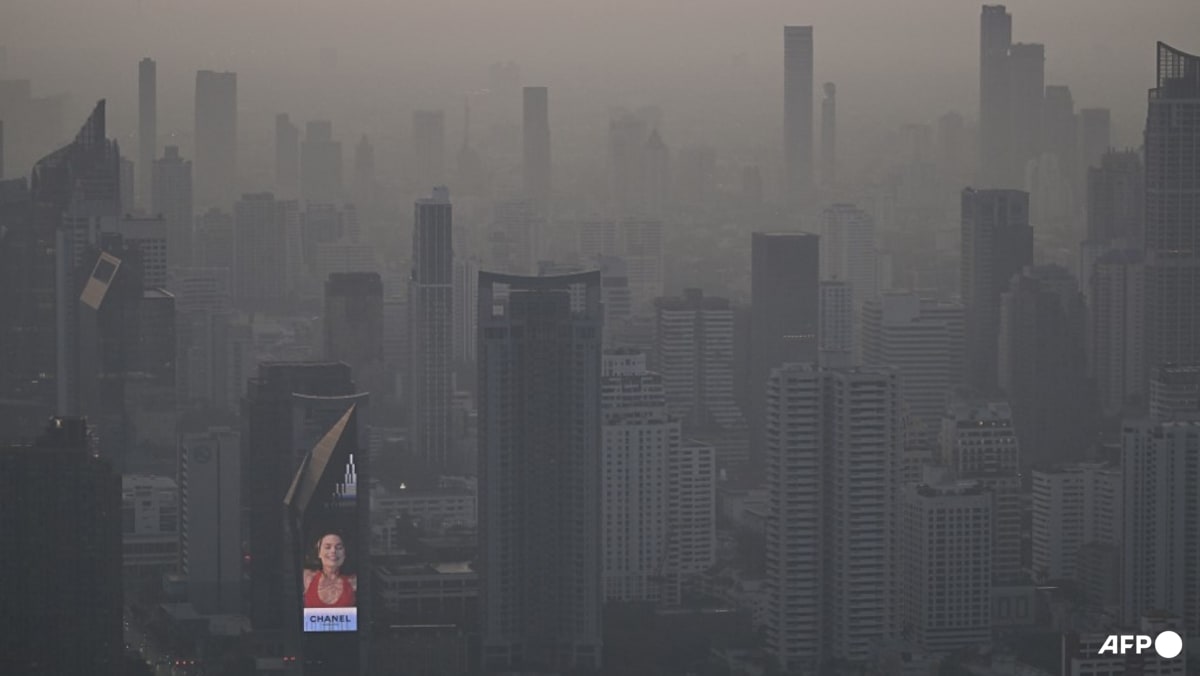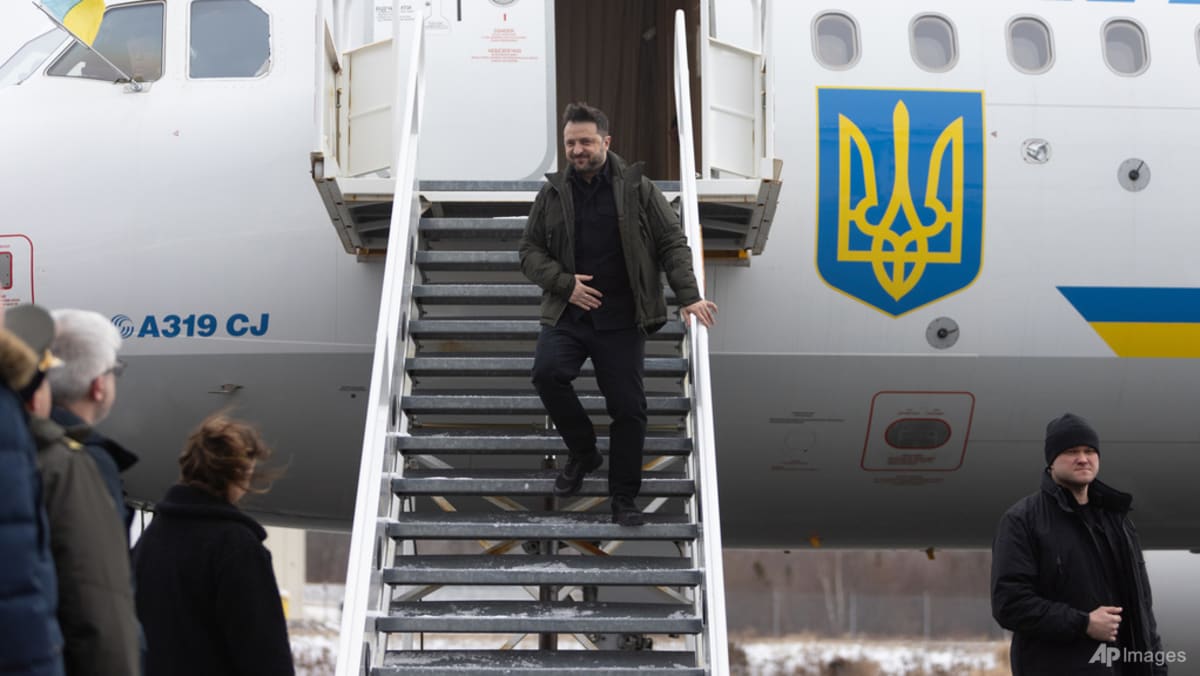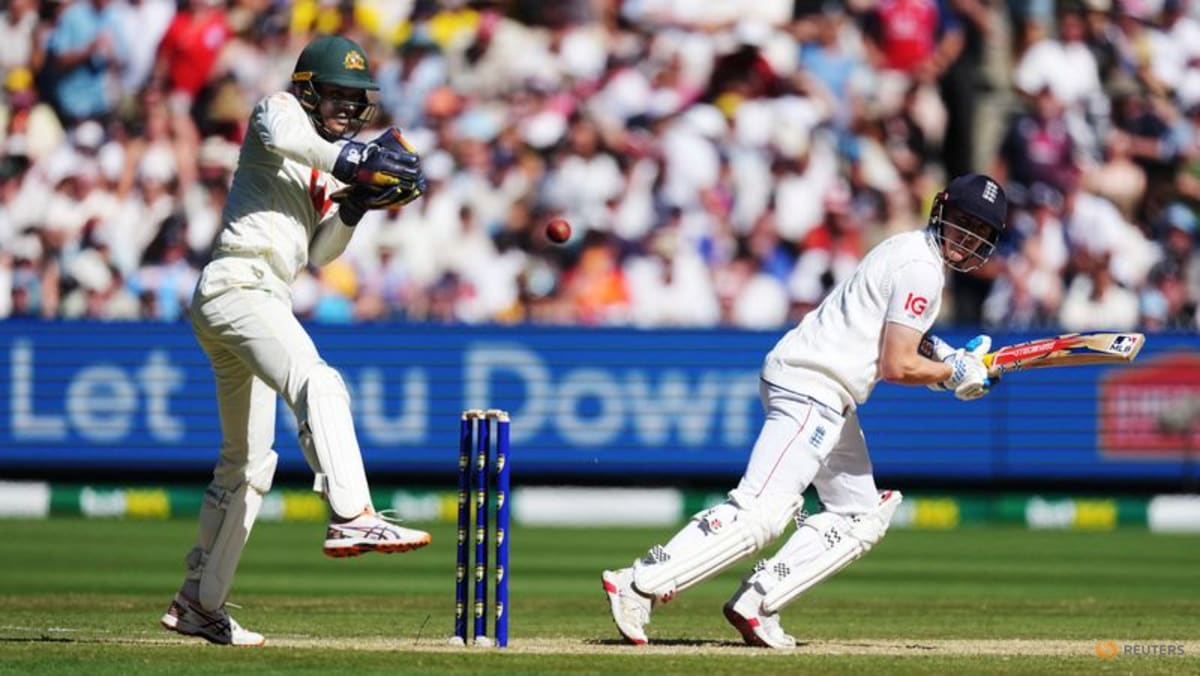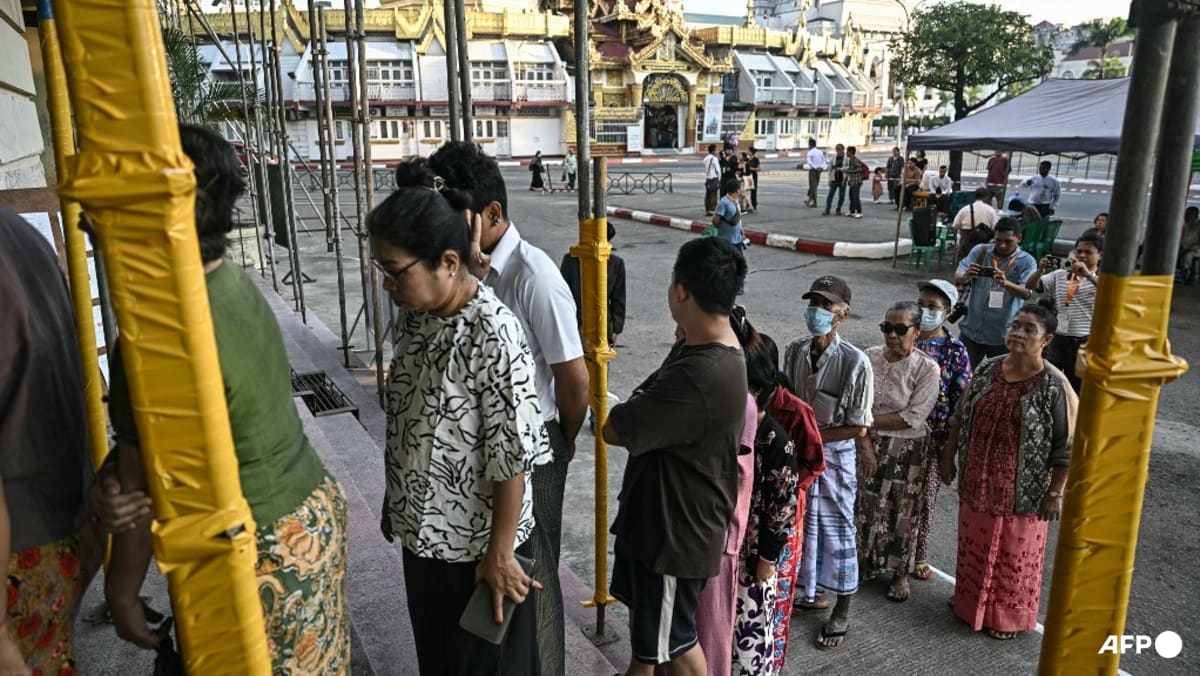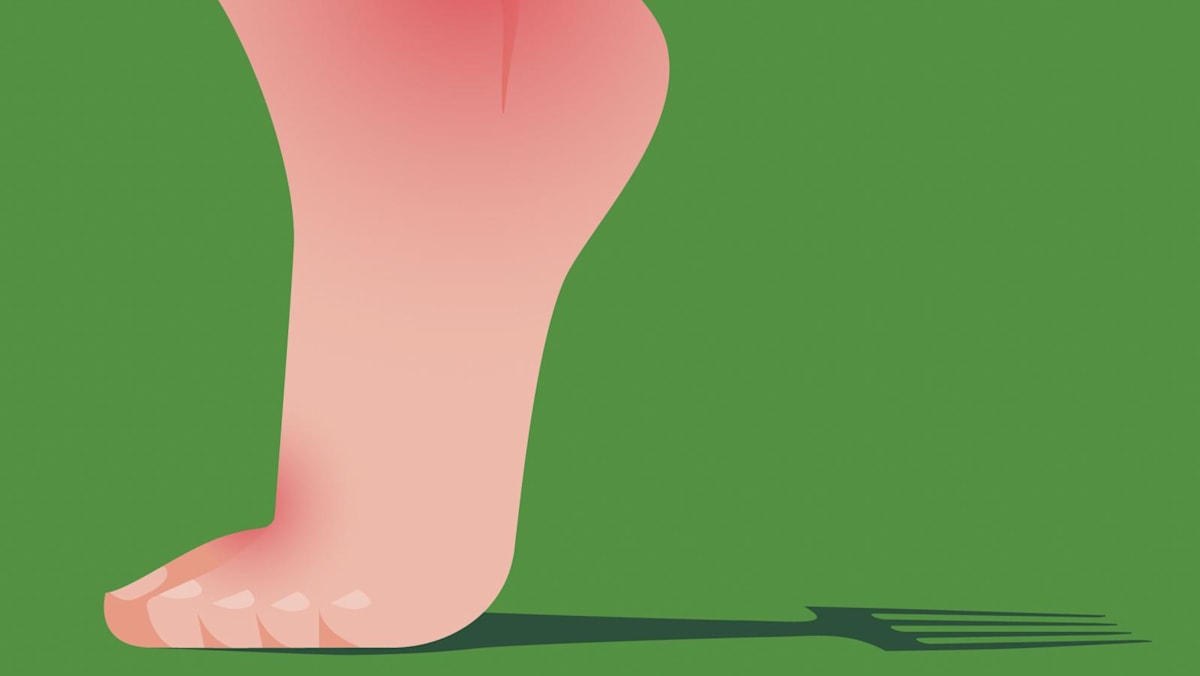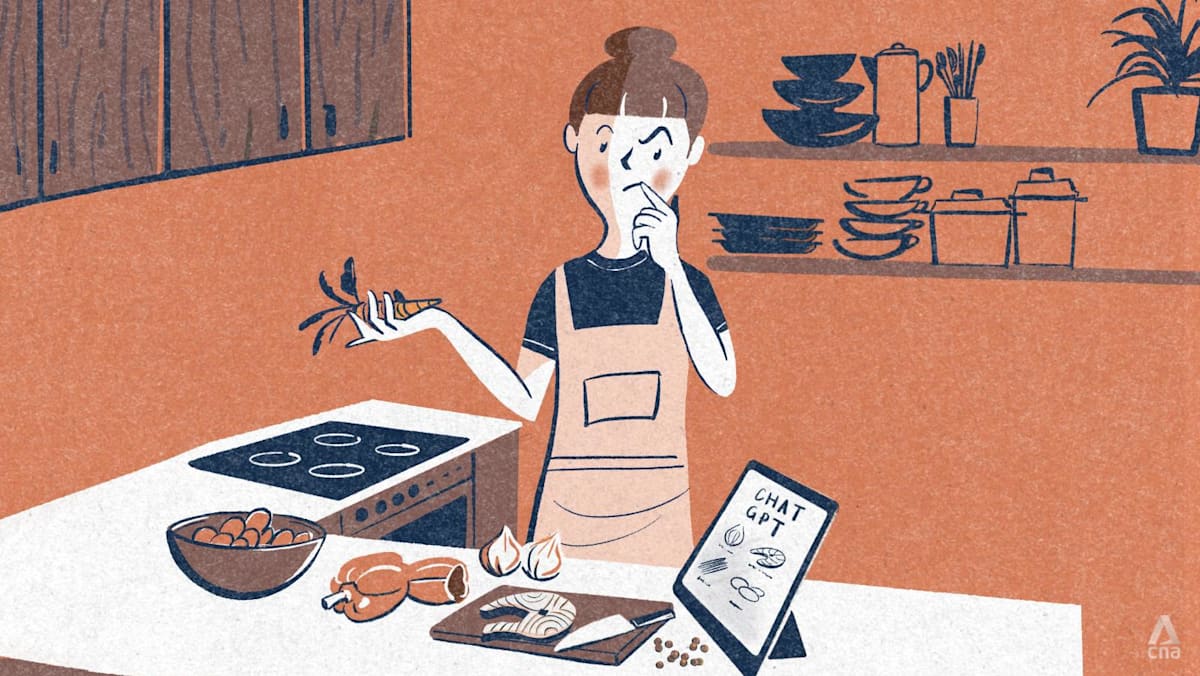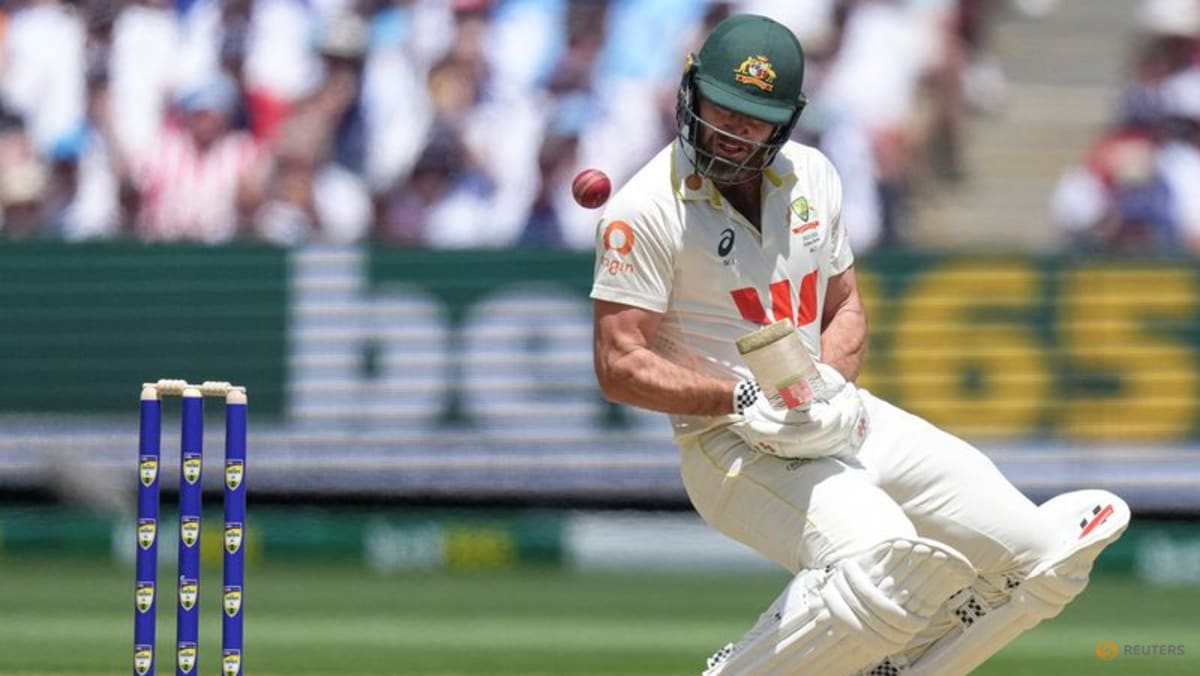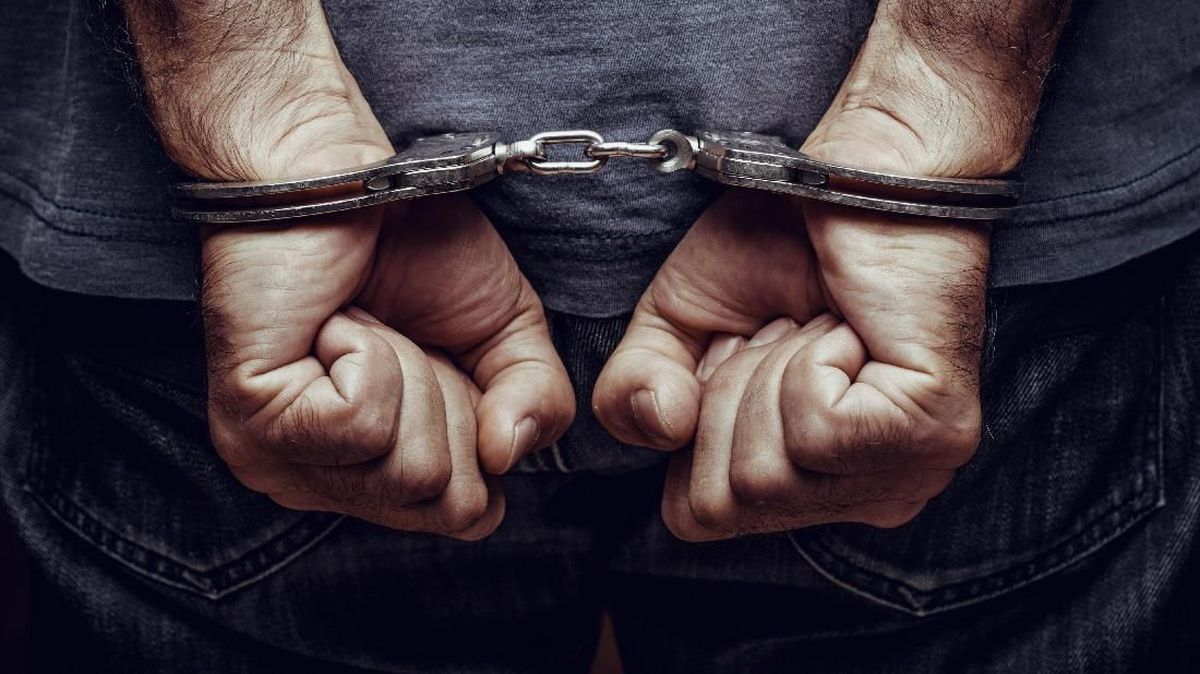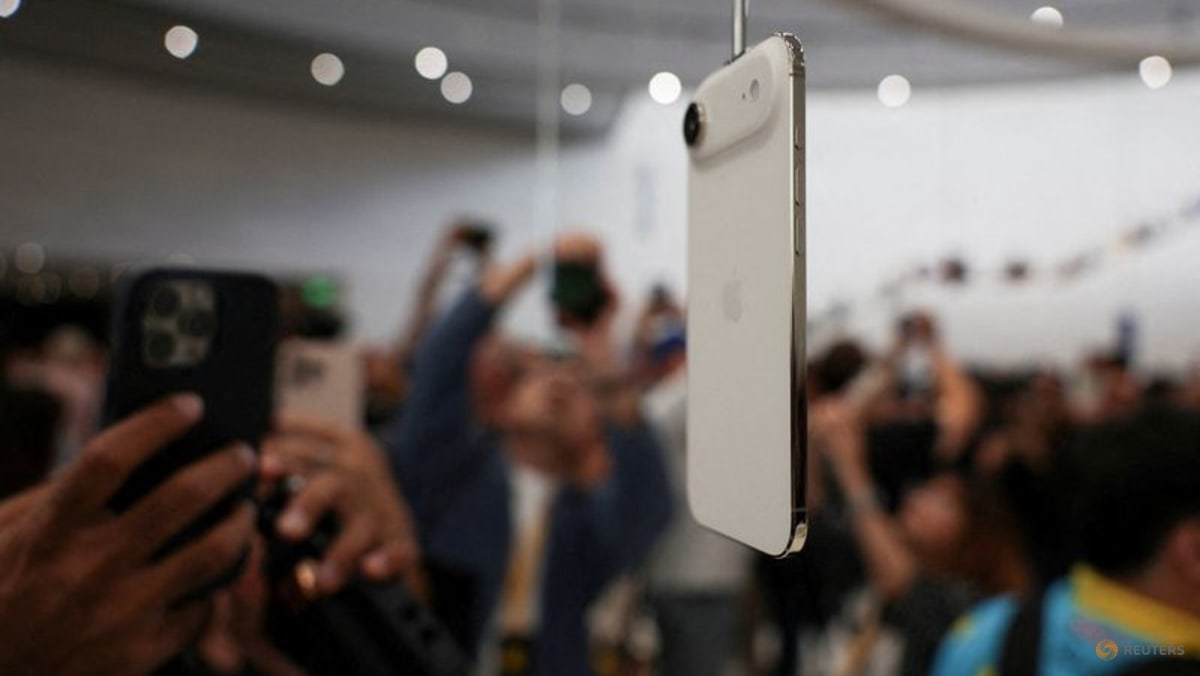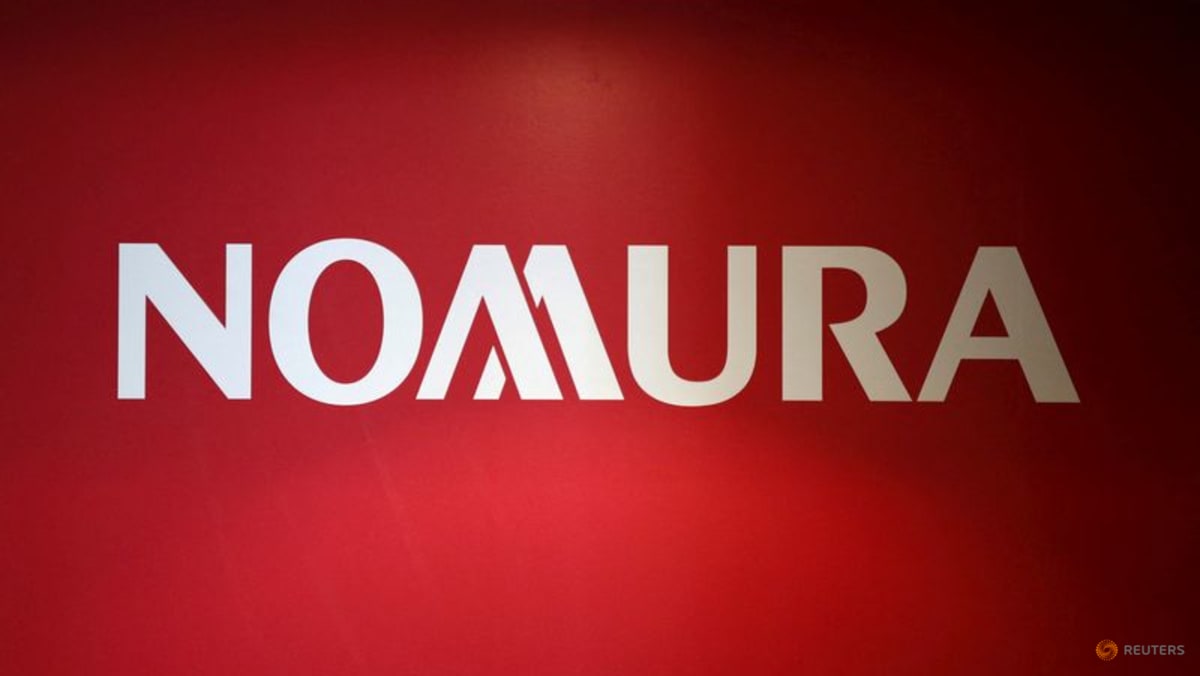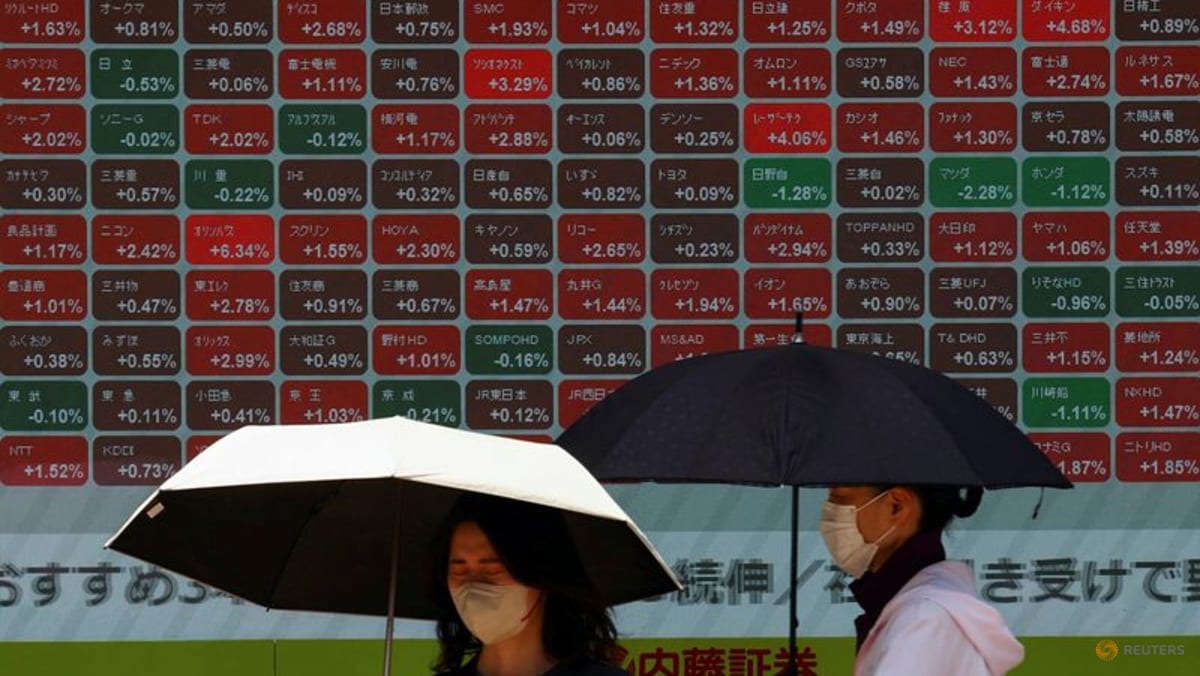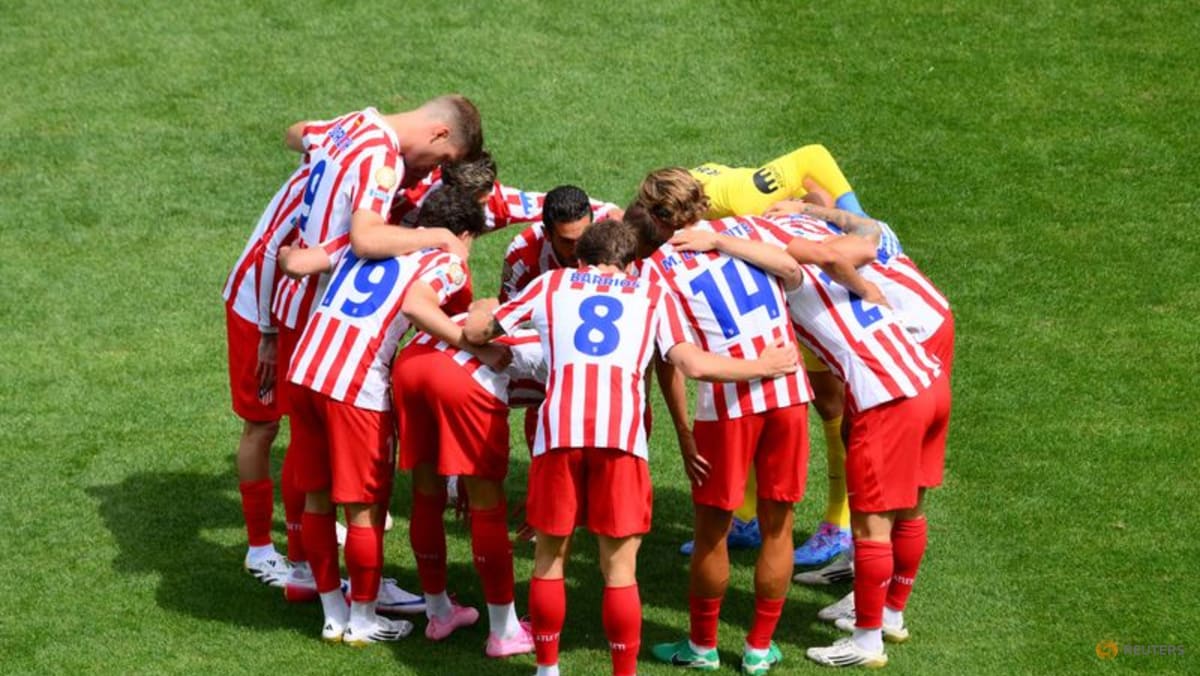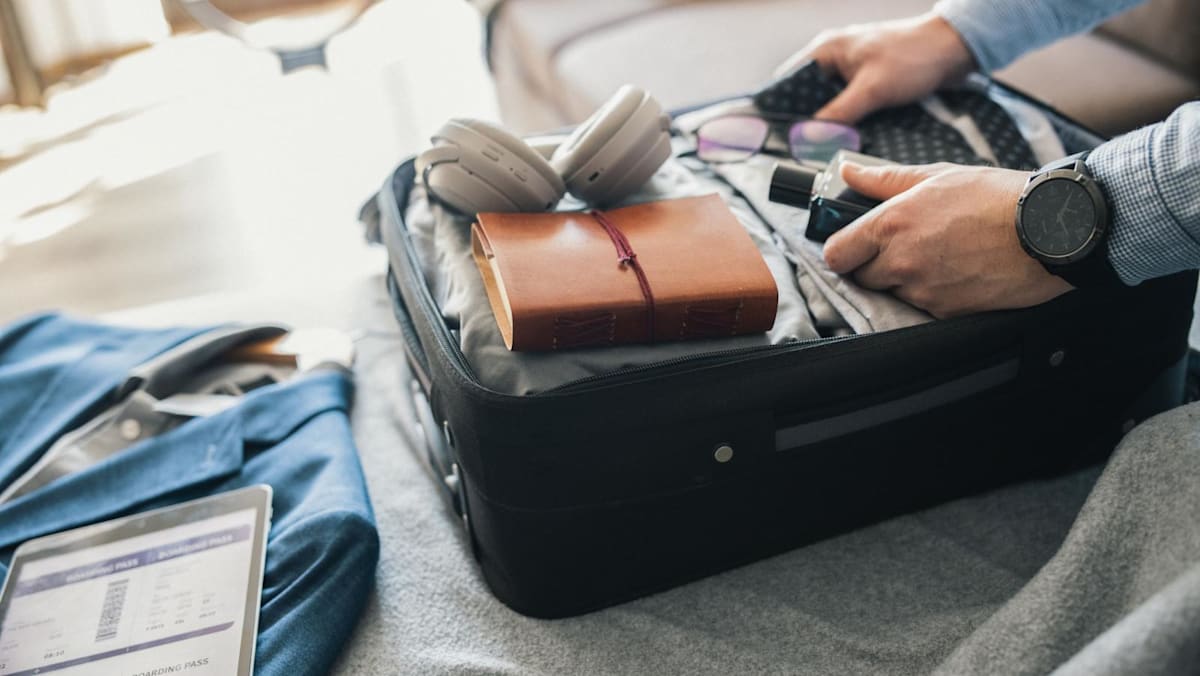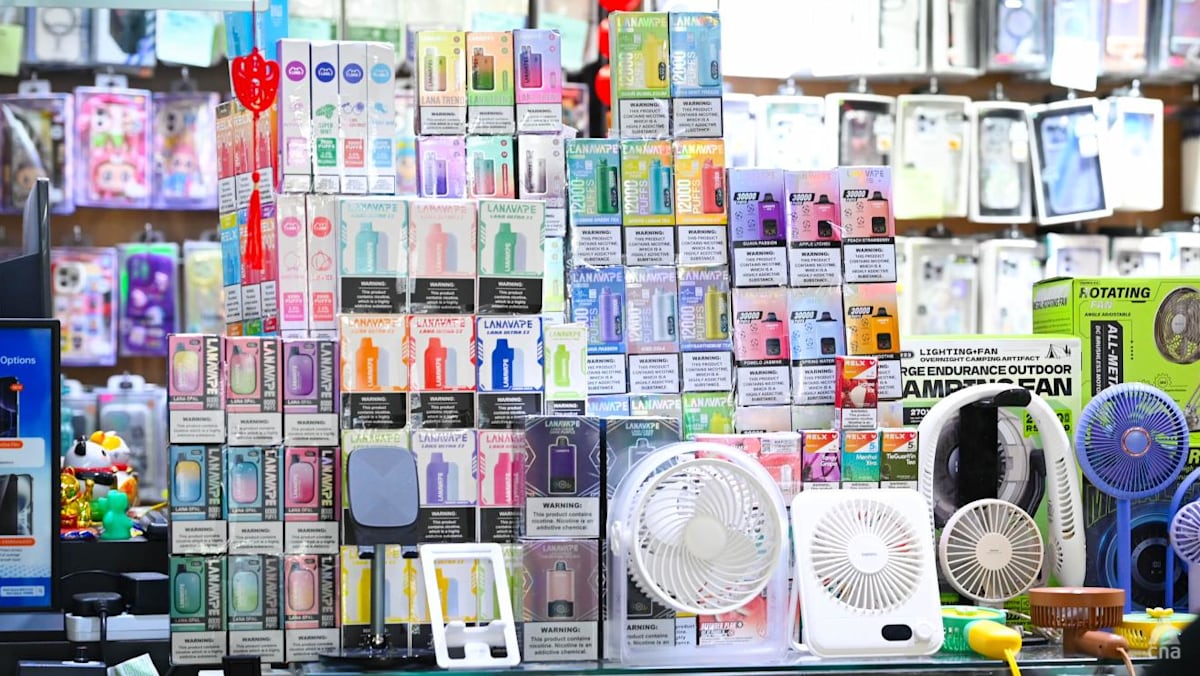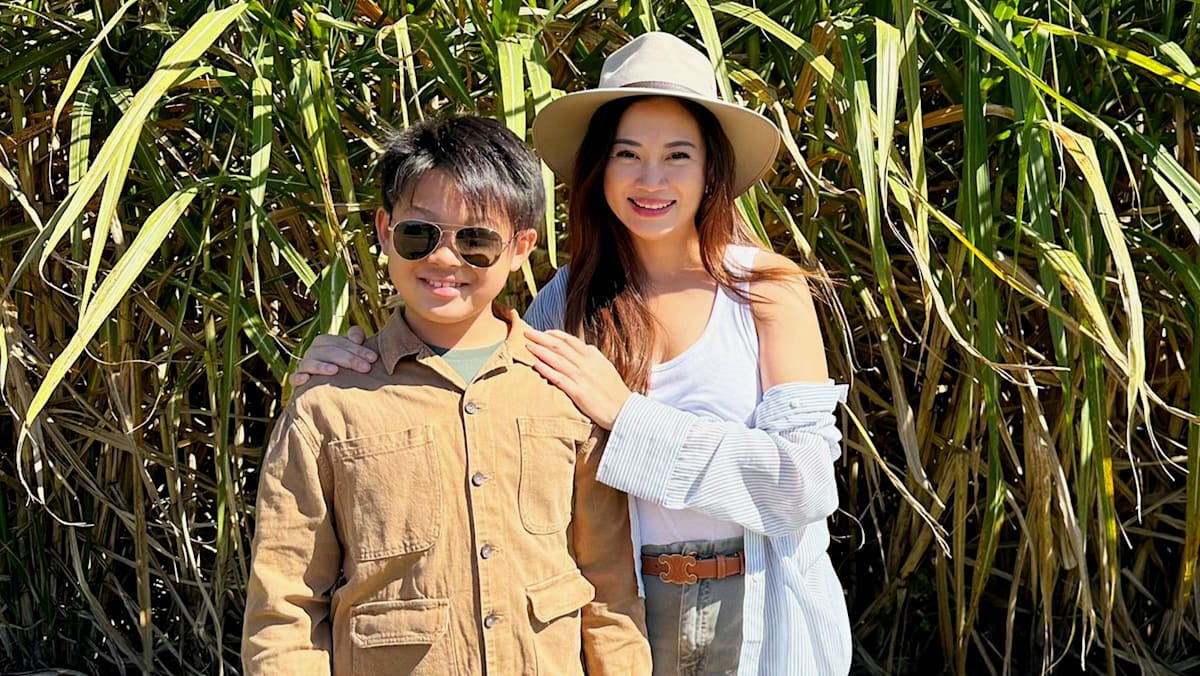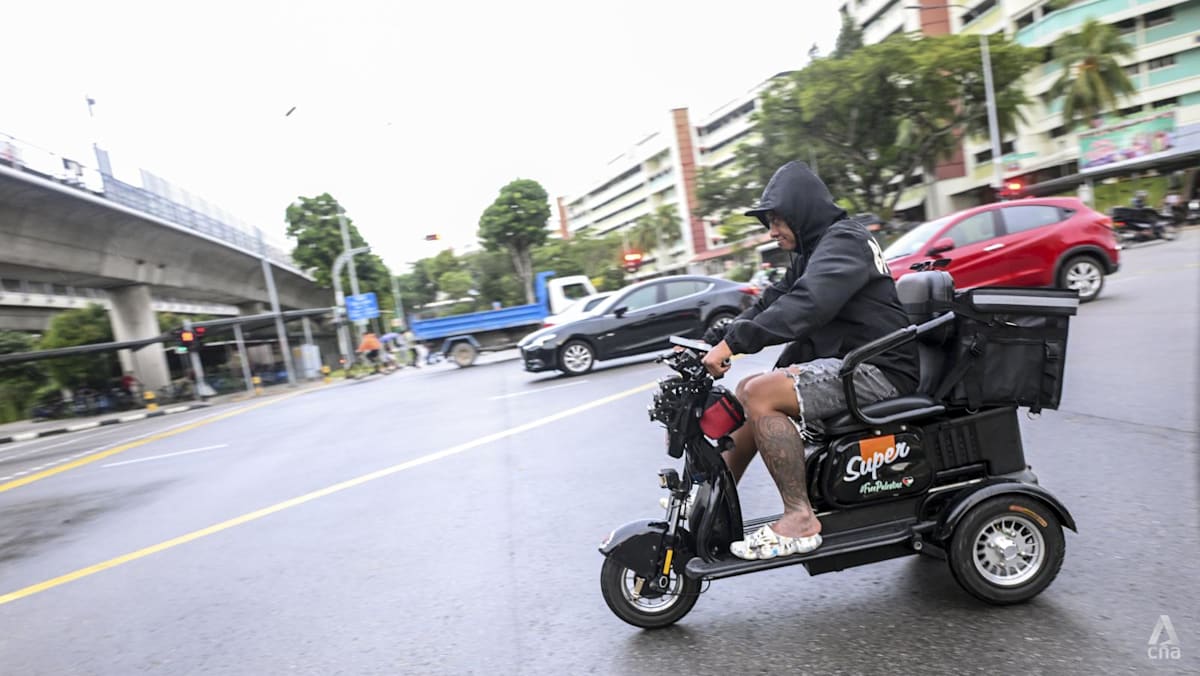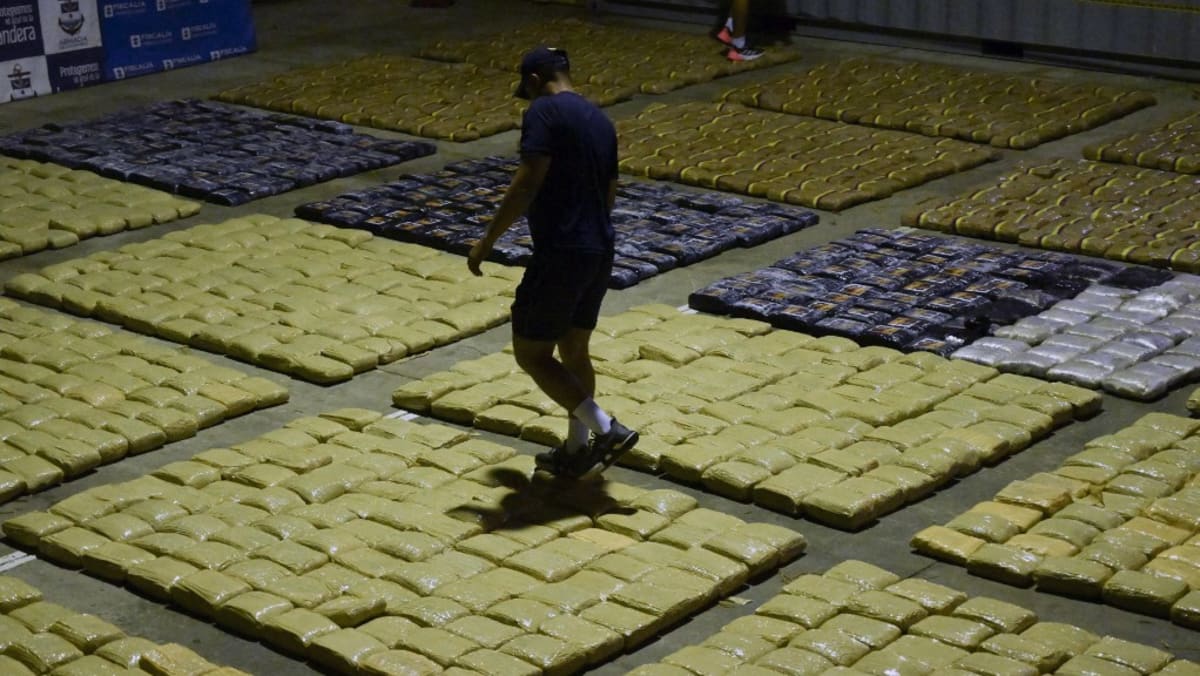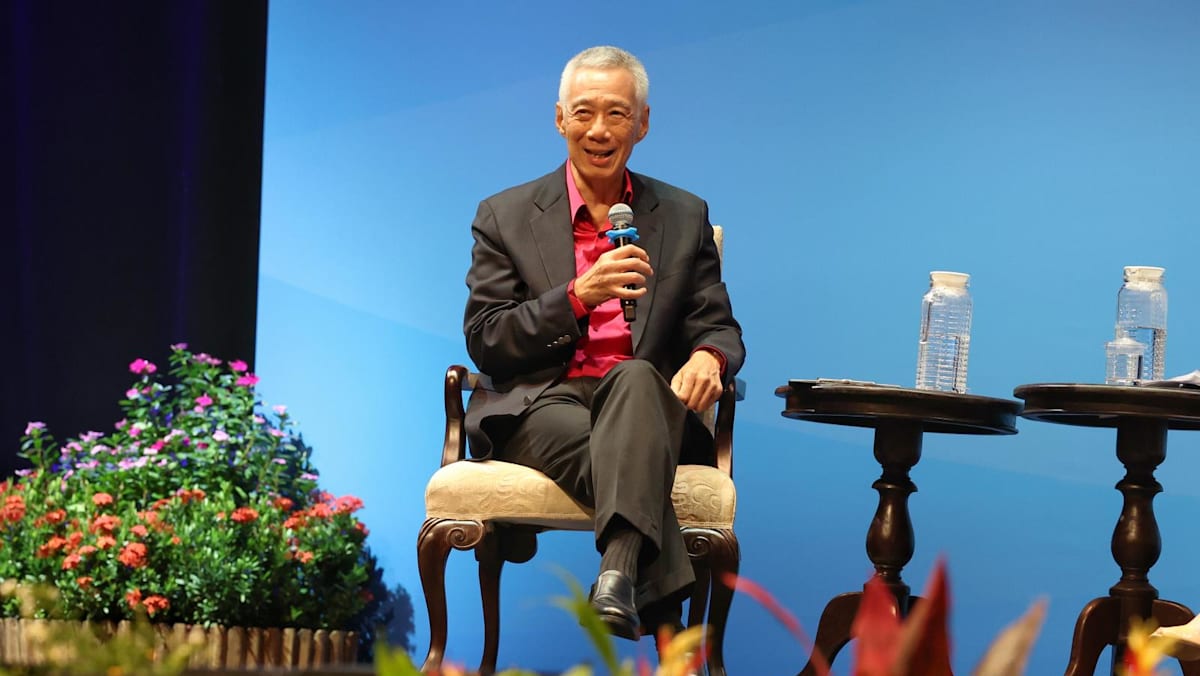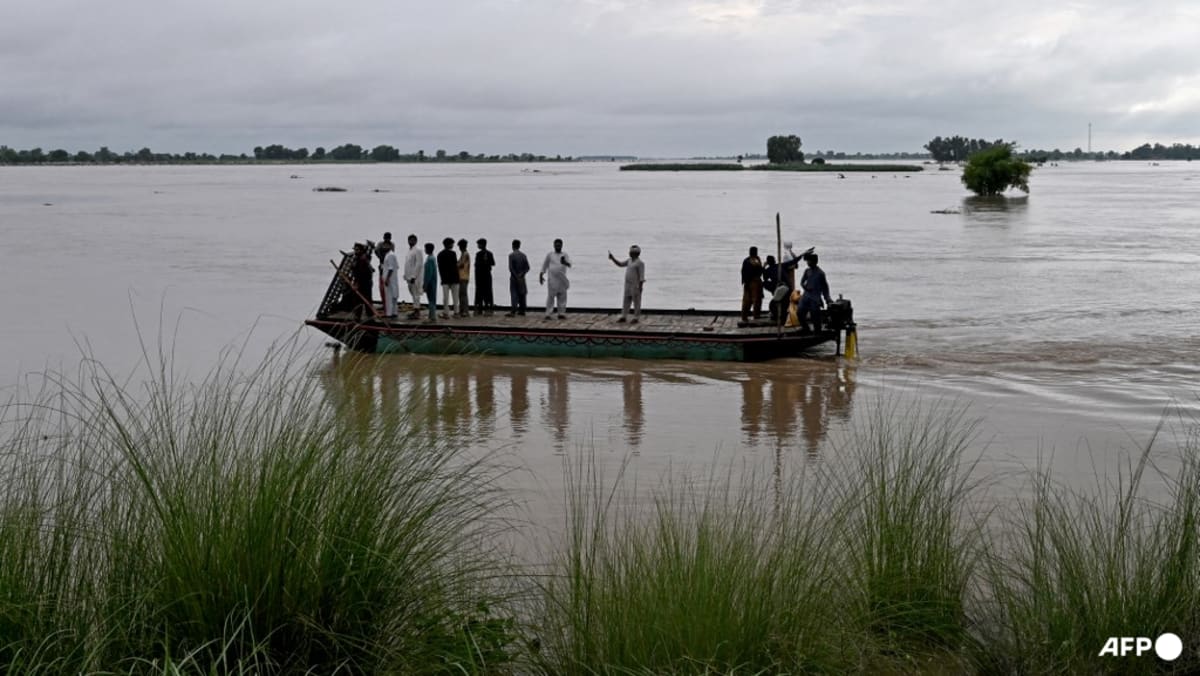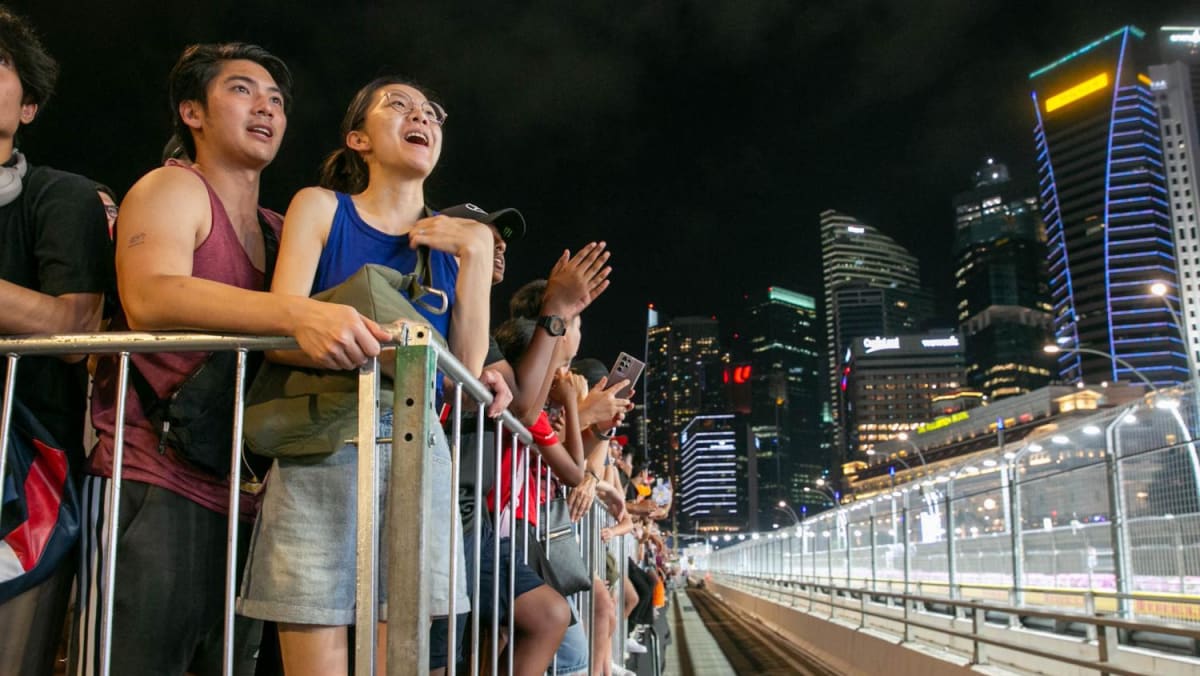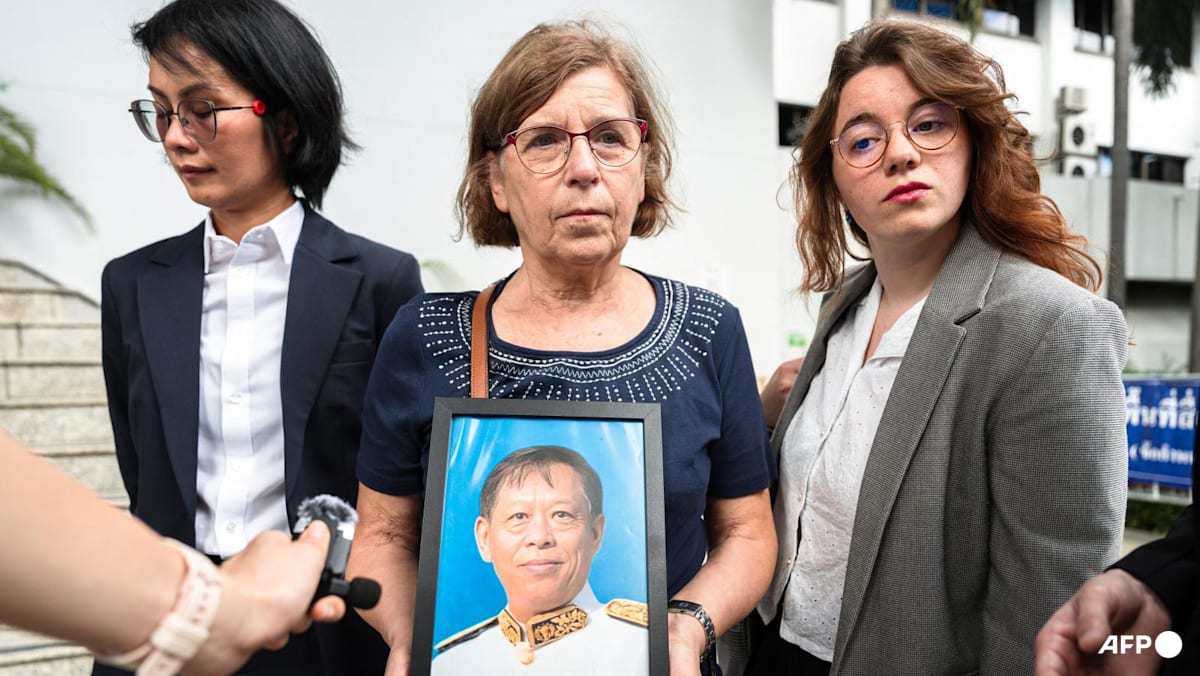SINGAPORE: A doctor who tried to resuscitate a fellow passenger on board a Singapore Airlines flight but to no avail said on Friday (Nov 7) that he will not hesitate to step forward again if the same situation arises.
The incident happened on board SQ378, which was flying from Singapore to Milan on Wednesday.
Dr Desmond Wai, who was going to the Italian city for a holiday with his family, recalled trying to sleep after having a meal when the call for a doctor's assistance was announced at around 2am (Singapore time).
"Being a doctor, it's my ethical duty to help," said Dr Wai, a gastroenterologist with a clinic at Mount Elizabeth Novena Specialist Centre.
At the back of the plane, he found a middle-aged man lying on the floor, and cabin crew with an automated external defibrillator (AED). A resuscitation trolley and medication had already been prepared.
Together with two other doctors, Dr Wai administered cardiopulmonary resuscitation (CPR) and used the AED in an effort to revive the man.
"As a doctor, we have done it many, many times," said Dr Wai, adding that the cabin crew were well-trained.
"We are standardised when it comes to saving a patient," the 56-year-old added.
Eventually, about half an hour later, the doctors and cabin crew stopped their attempts to resuscitate the man.
"We saw no progress and we advised the crew to stop," said Dr Wai. "I'm sorry to say that we failed, but that's life. Part of a doctor's life is to be called and to help as much as we can," he said.
When the plane landed in Milan, police officers met the doctors involved to ask questions about the incident.
"I was greeted by one policeman with a translator," said Dr Wai. Many questions were asked, such as why he was there and what he was doing.
"Then, I started to worry," Dr Wai added. "I asked myself, what if this is someone that the family doesn't think should have died? What if the family or the police suspect foul play, he's poisoned or murdered, and then I become part of the plot?"
"All these thoughts came to my mind when I talked to the police. What if they want to detain me in the Milan police station for further investigation?"
While Dr Wai is covered by medical malpractice insurance in his professional capacity, he said that the protection would not extend to incidents outside of work.
"I realised that if things go wrong, I'm on my own. I let it become a bit of a scary thought," Dr Wai said.
"Having said that, if I had to do it again to save a human life, I would definitely come forward."
"This is something that happened on the plane. That is something I only worried about after the whole thing settled and the police interviewed me," he added.
He later learnt from the man's cousin that the man had advanced cancer. "His collapse was not totally unexpected," said Dr Wai.
The man's wife, in tears, later thanked him for trying to save her husband.
"She said, 'Thank you, doctor, for trying,'" he said. "That one was really touching. I think that appreciation is a reward for doing all these things."
The cabin crew also expressed their gratitude to the doctors, with some becoming emotional after the incident. Many of them had never experienced a death on a plane, he said, and one stewardess said it was her first time seeing someone die.
"As a doctor, we see patients die on a regular basis. It's part of our job," Dr Wai said.
"But to many laymen like you, you may not have seen people dying before," he said.
"I think that was an experience for everybody," he added.
This was not the first time that Dr Wai had responded to an in-flight emergency. He recalled assisting a man with chest pains on a Singapore-bound flight from Egypt around 15 years ago.
"I just go to this guy who sat down on the floor and said that he cannot breathe, he had chest tightness," Dr Wai said.
"I examined him and I thought maybe he had some gastric reflux ... I didn't think he had any chest or heart problems, he said. "The chap was ok."
Regardless of whether an incident took place in a hospital or outside, Dr Wai said that it is important to be able to respond to the uncertainty of any situation.
"In an emergency, one thing that we must accept is uncertainty," Dr Wai said.
"When they call you for an emergency, when a patient comes to the clinic, we don't basically know what they have. It can be something very simple, something very serious," he said.
Even if two patients have the same symptoms, one can end up dying while the other lives.
"That is the life that we accept as doctors," said Dr Wai.
Dr Wai has since uploaded a series of videos related to the incident on TikTok, drawing public attention and praise for his actions.
"I'm grateful that people share their compliments. I'm happy that people appreciate even though we failed to revive him," said Dr Wai.
"I was in a state of shock and subsequently, I thanked God for keeping me safe."
Dr Wai encouraged other medical professionals to also step forward during emergencies.
"We are used to lending a hand for any emergency," he said. "There will be a lot of people willing to help. There is no question about it," Dr Wai said.

